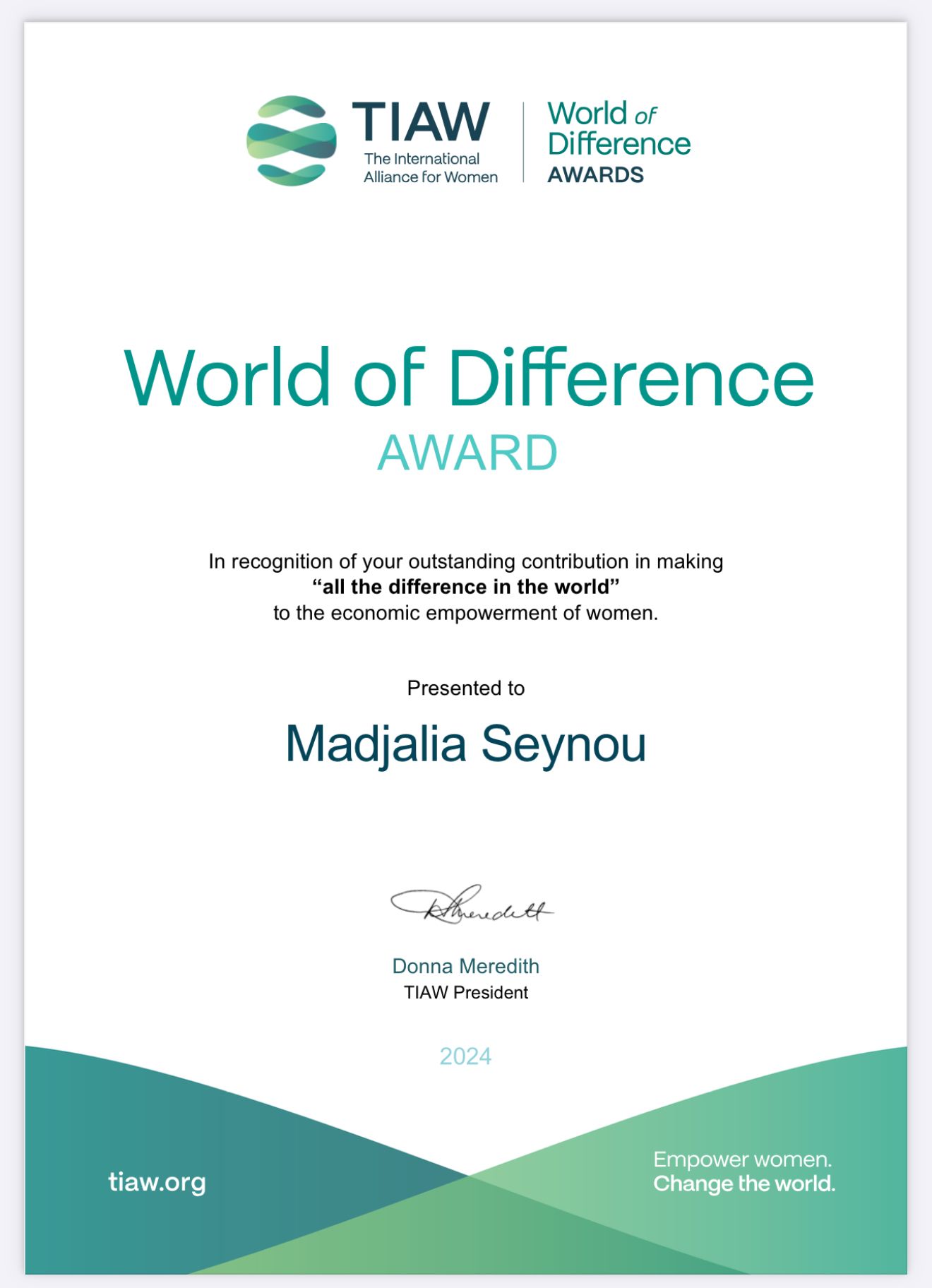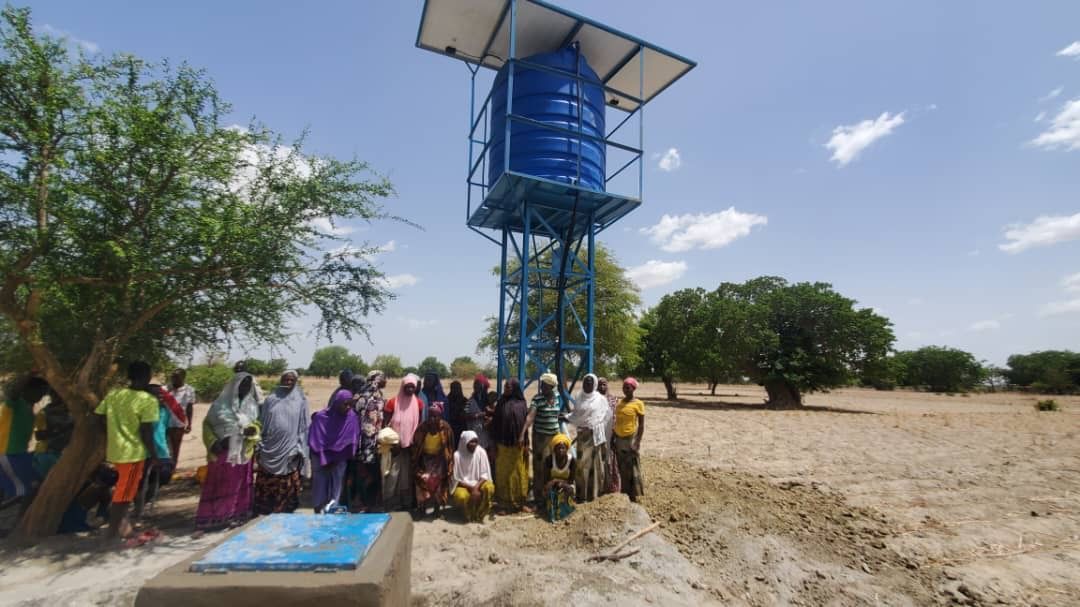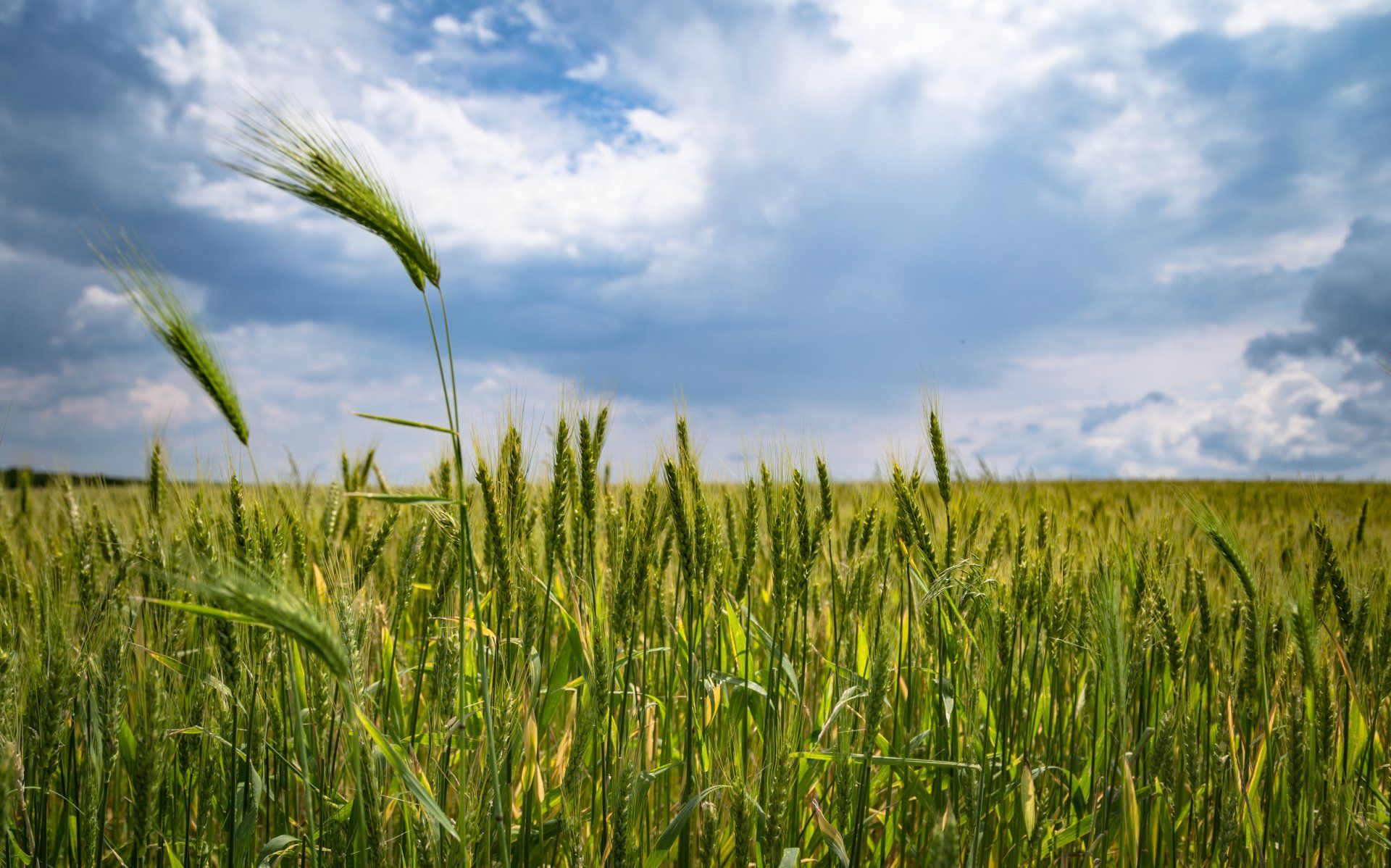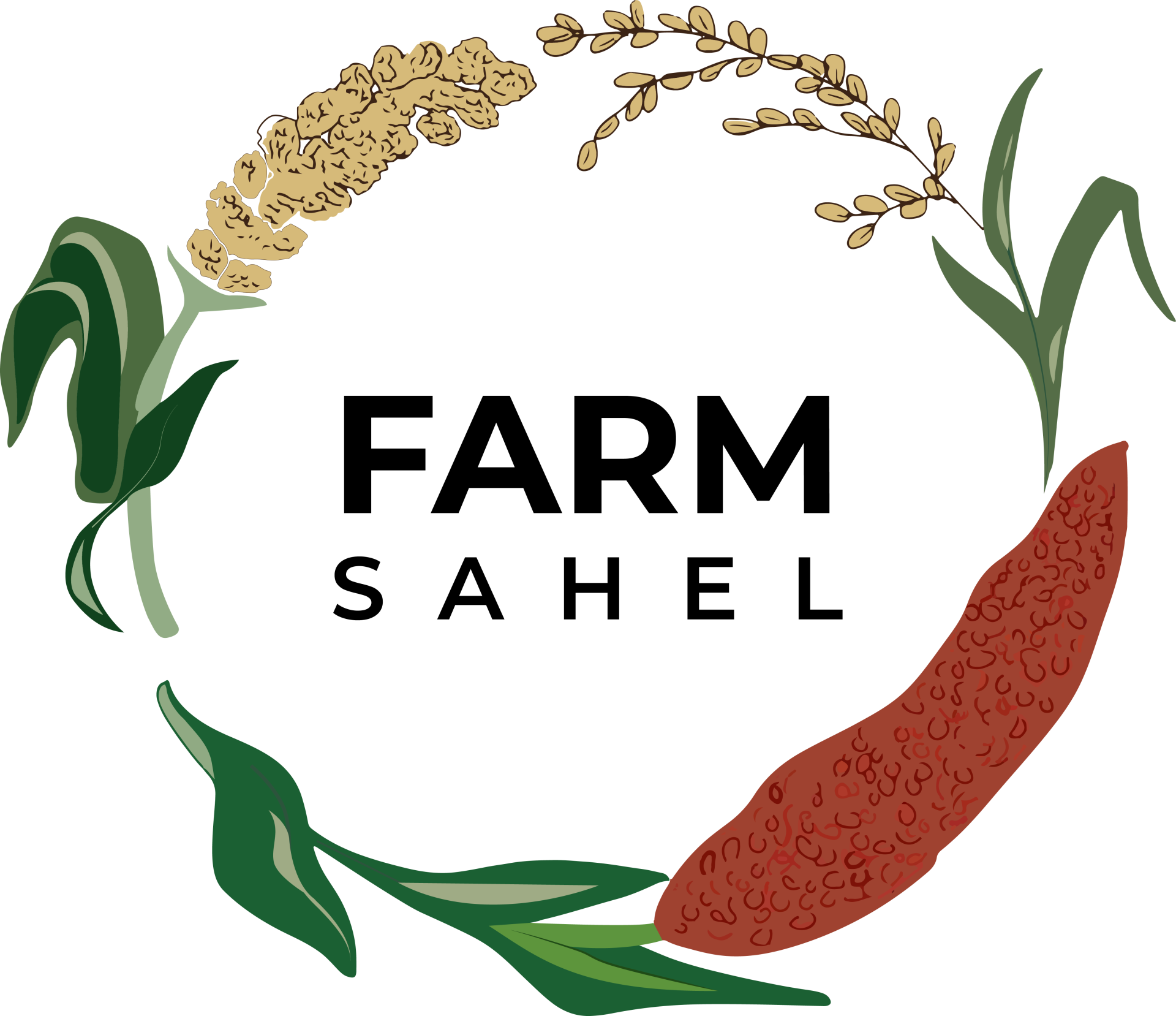Agri-Tech: The Future of Sub-Saharan Africa
Despite such a dependence on the agricultural sector in Sub-Saharan Africa, the industry faces numerous issues that lead to low productivity. “The ability of African farmers to increase productivity is critical in order to provide food and economic growth to support its growing population” (Wentworth). The growth and success of the agricultural industry is vital to improving overall economic growth and quelling the impending worries of overpopulation, poverty, and hunger. Fortunately, there have been quite a few endeavors already that inspire hope within Sub-Saharan Africa.

“The Food and Agriculture Organization (FAO) predicts that the agricultural market in Sub-Saharan Africa alone will grow from $200 billion in 2015 to $1 trillion by 2030. This equates to a fivefold growth. Entrepreneurs in Africa are increasingly seeing opportunities in the agricultural sector and are developing solutions that enable farmers to increase their yields and access markets. Globally, agricultural tech start-ups raised $800 million in the last 5 years” (Wentworth). The agricultural sector is also proving fruitful for hopeful entrepreneurs and international investors. It is reported that agri-tech start-ups received over $13 million in US funding in 2017- the fourth largest of any sector. Incredibly, international funding in 2015 was a mere $50,000; with every year that passes, investments are skyrocketing. These investments are a testament to the agri-tech industry in Sub-Saharan Africa and its untapped potential.

The agri-tech market is innovating itself further every year. Examples of technological advancements that ease prices for farmers include cloud computing, open-source software and digital tools. These methods of digital agriculture will provide new opportunities to improve productivity levels and sustainability(Stern). When it comes to the actual management of crops and yield output, technology has also proved to be very useful. “Technological developments such as aerial imagery from drones or satellites, weather forecasts and soil sensors are making it easier for farmers to manage their crops in real time” (Wentworth). These developments allow farmers to take preventative measures to aid their crop output, contributing to much higher productivity.

A spotlight agri-tech company is Twiga Foods, based in Kenya, which received a majority of the $13 million US funding in 2017. Twiga Foods acts as an intermediary between farmers and vendors- farmers post their produce, and vendors can reach out to have them delivered through a formal market. According to their website, “Twiga has been bridging gaps in food and market security through an organized platform for an efficient, fair, transparent and formal marketplace.” This is a completely mobile-based app, and it is estimated that over 13,000 farmers and 6,000 vendors utilize this app. The CEO of Twiga Foods, Grant Brooke, reaffirmed that Twiga was able to see such success due to the thriving nature of the agricultural sector: “Agriculture is one of the largest, and most untapped by technology, sectors of the economy. I think investors are targeting agriculture because it’s a huge market that touches just about everyone” (Wentworth).
As the population continues to boom, and is expected to double by 2050, innovators are searching for new ways to sustain the people and economy. Fortunately, the agri-tech industry has proven to be very beneficial. Numerous start-ups have taken off and include many modern methods that ultimately ease the farmer’s workload. Twiga Foods is just one success story- there is room for many more to thrive in Africa, where the agricultural sector has remained virtually untapped by new or existing technological advancements. Even though growth in Africa has seen recent decline, there is absolutely potential to bounce back as one of the strongest contenders of the global agricultural and technological marketplaces.
Works Cited
Chakravorti, Bhaskar, and Ravi Shankar Chaturvedi. “Research: How Technology Could Promote Growth in 6 African Countries.” Harvard Business Review , 21 Oct. 2020, hbr.org/2019/12/research-how-technology-could-promote-growth-in-6-african-countries.
Stern, Mike. “The (Re)Evolution Is Real: Digital Tools Will Transform Farming.” PrecisionAg , 1 Feb. 2019, www.precisionag.com/digital-farming/the-reevolution-is-real-digital-tools-will-transform-farming/.
Wentworth, Adam. “New Technology Is Transforming Africa's Agricultural Industry.” Climate Action , 23 Mar. 2018, www.climateaction.org/news/new-technology-is-transforming-africas-agricultural-industry.












